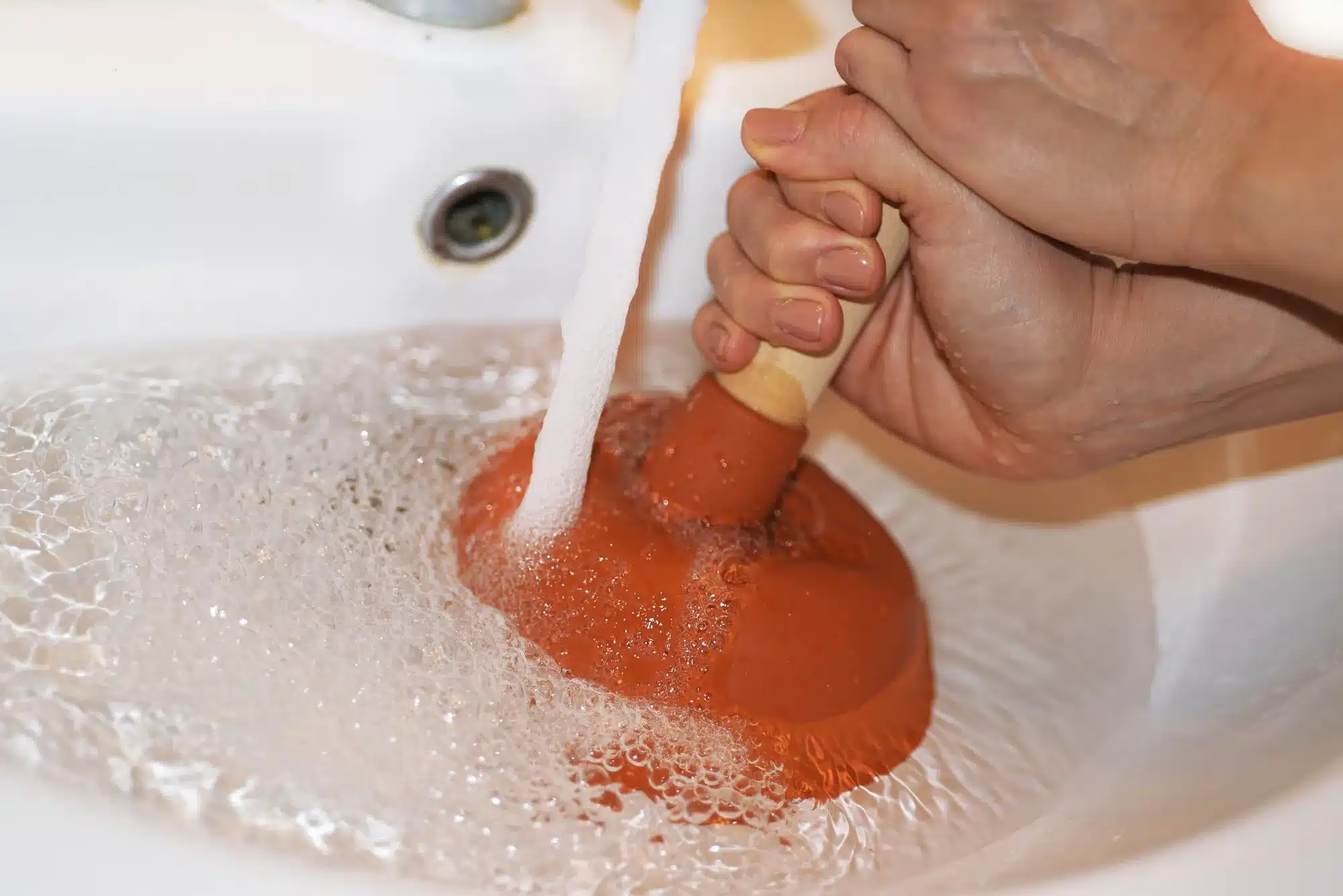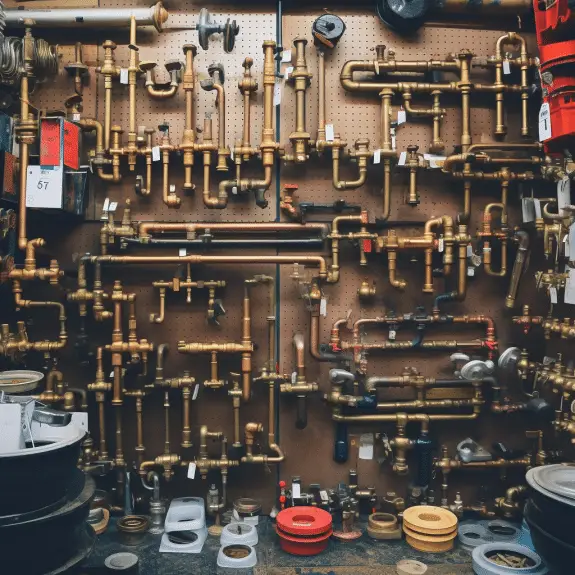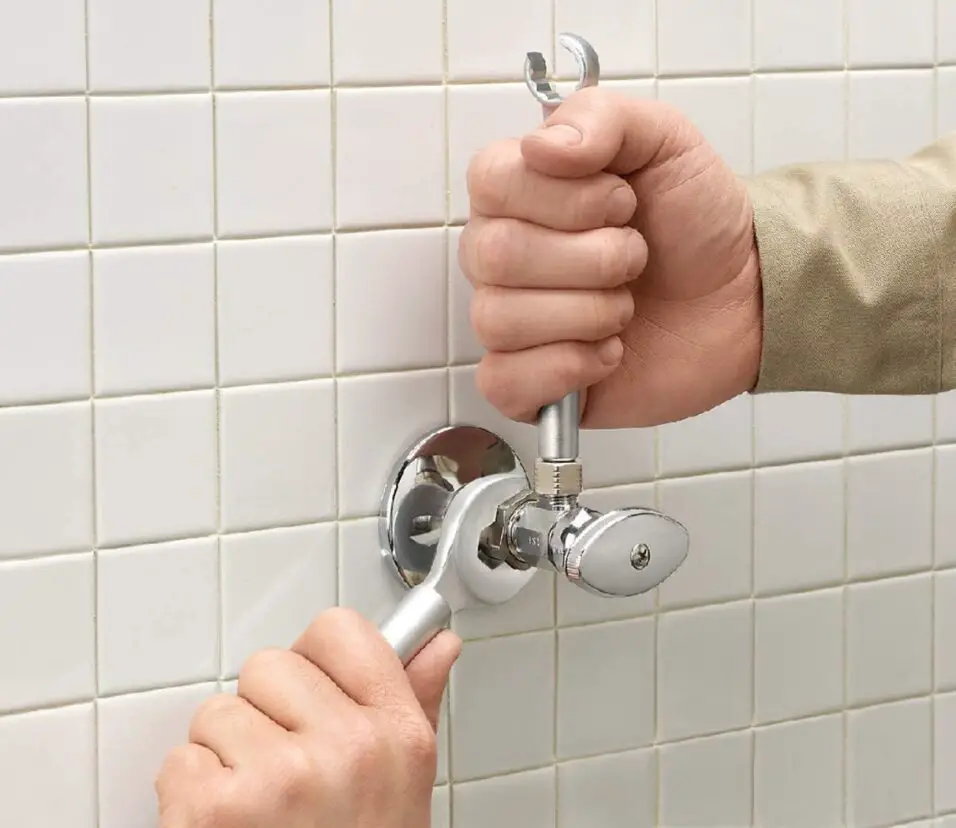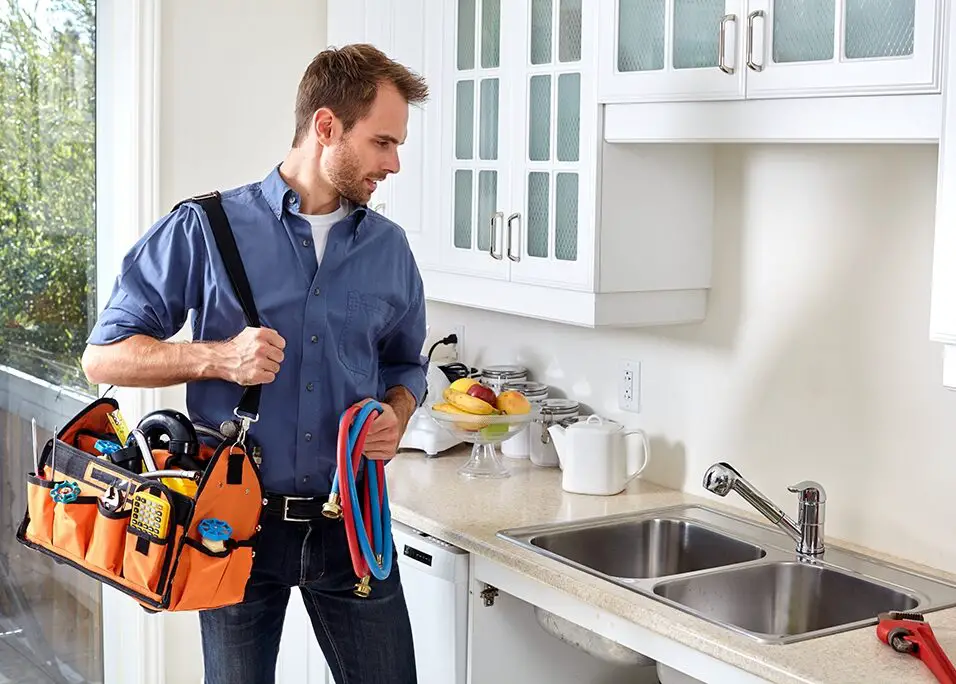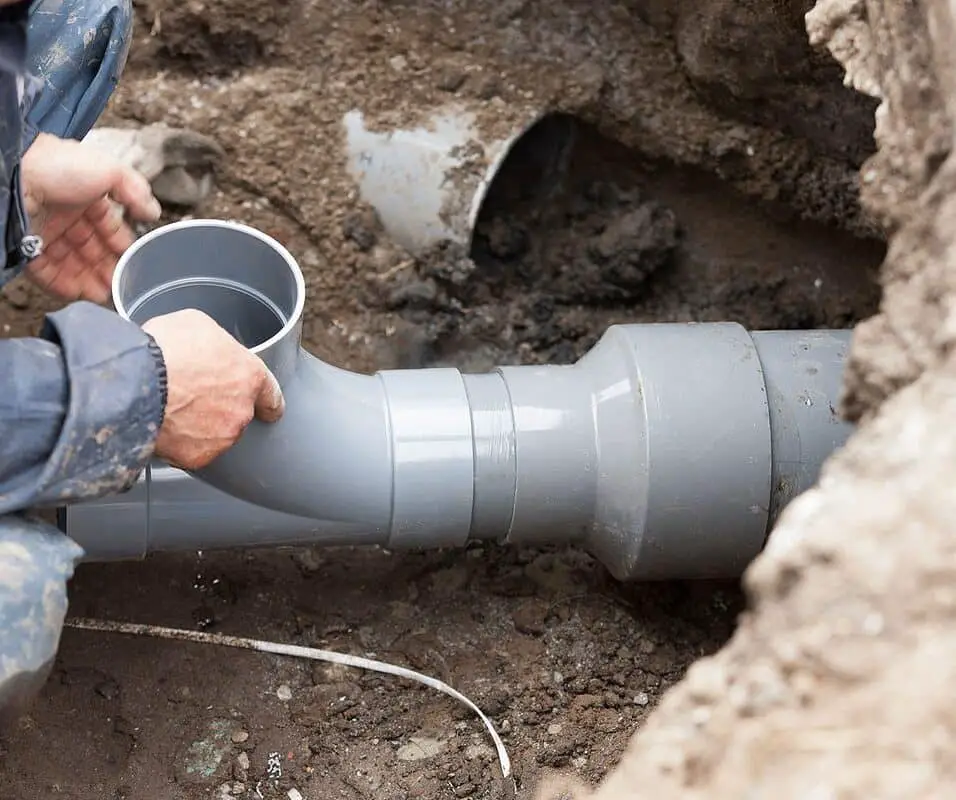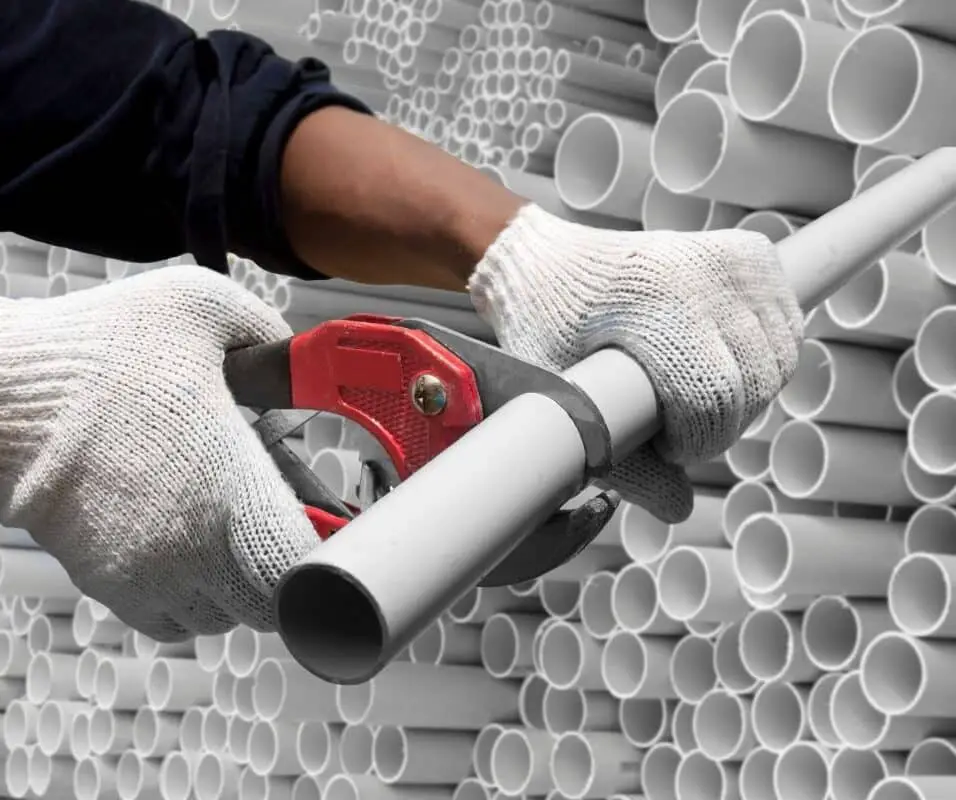How Much For Plumber To Unclog Drain
Introduction
A clogged drain is an inconvenience that can disrupt the smooth functioning of a household or business. Whether it’s a backed-up sink, a slow-draining shower, or a completely blocked toilet, resolving the issue quickly and effectively is essential. In such situations, many individuals turn to professional plumbers for their expertise and specialized equipment. When facing a clogged drain, it’s natural to wonder about the cost associated with hiring a plumber to unclog it.
However, determining an exact price can be challenging, as various factors influence the overall expense. These factors include the severity of the blockage, the location of the clog, the complexity of the indoor plumbing system, and the geographical area in which the service is being provided. Plumbers typically charge for drain unclogging based on their time, expertise, and the resources required.
Some may charge a flat fee, while others may charge an hourly rate. Additional costs may arise if specialized equipment or materials are needed, or if the job requires extensive repairs or replacements. It’s crucial to remember that pricing can vary significantly from one plumber to another and from one region to another. Factors such as local market conditions, the plumber’s experience and reputation, and the urgency of the situation can all influence the final cost.
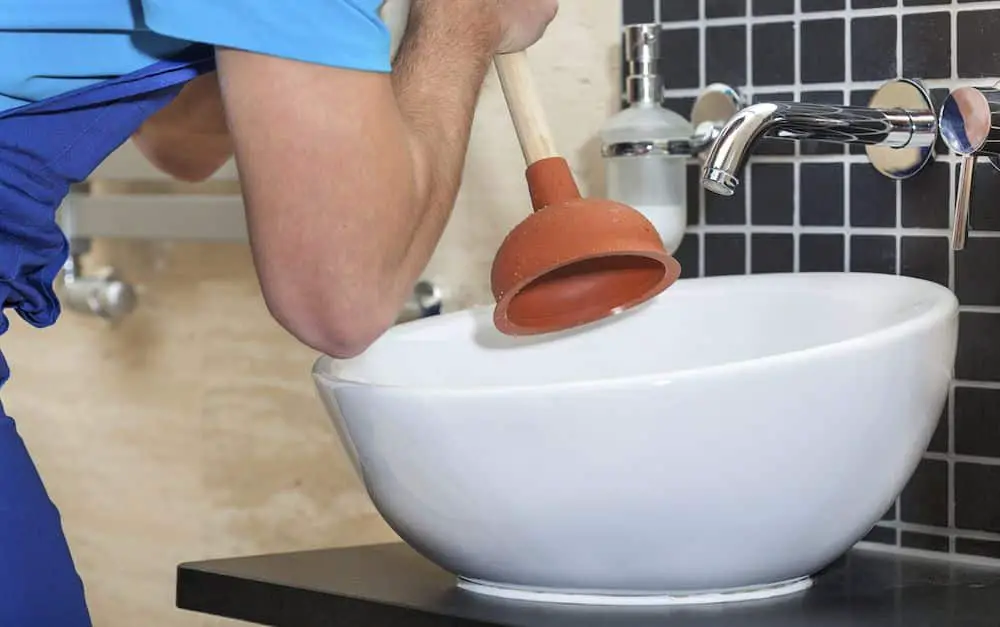
How Much Does It Cost To Unblock A Drain?
Depending on the clog and drain type, plumbers charge $125 to $360 to snake a drain. More difficult jams can cost $500–$800 to snake a main line. You can hire the greatest plumber or do it yourself.
Drain unblocking costs depend on the degree of the obstruction, its location, and the procedure utilized. Professional drain unblocking costs $100–300 on average.
Simple obstructions that can be fixed with a plunger or drain snake will cost less. These basic clogs can easily be removed without expert help, saving you money.
Complex obstructions that require specialist equipment and experience may cost extra. Drain cleaning businesses may utilize hydro jetting to remove tough clogs. Equipment and personnel make this process more expensive.
Location of the drain influences cost. Drains near the surface are cheaper to unclog than those deep in the plumbing system or requiring excavation. Estimated prices vary by geography and service provider. Emergency call-outs and after-hours services may cost more.
Do Plumbers Deal With Blocked Drains?
Plumbers are skilled at unclogging drains. Plumbers often unclog drains. For efficient drain unclogging, use a plumber.
Plumbers can diagnose the obstruction and recommend the best solution. There are several drain cleaning tools and equipment available. Plumbers use drain snakes, high-pressure water jetting machines, and drain cameras to inspect pipelines and find blockages.
Plumbers know plumbing systems and drain connections well. They may evaluate your plumbing system, detect any underlying issues that caused the obstruction, and suggest preventative actions.
Plumbers can clean and maintain drains in addition to eliminating blockages. Regular drain cleaning and flushing helps prevent debris buildup and guarantee appropriate flow.
How Long Does It Take For A Plumber To Unclog?
Plumbers can unclog simple clogs in minutes. A difficult or deep-seated clog may take hours.
The degree of the obstruction, the drain’s accessibility, and the method utilized to unclog it all affect how long a plumber takes. Plumbers can usually fix basic drain obstructions quickly, but more complicated ones may take longer.
A plumber can unclog a drain in minutes with a plunger or drain snake for minor clogs. Simple obstructions may not require significant examination or sophisticated equipment, allowing the plumber to simply restore flow.
Blockages that are stubborn or complicated may take longer. High-pressure hydro jetting may be used by plumbers to unblock blockages. This procedure works well but takes time to set up and clean the pipes.
Access to the drain might also affect unclogging time. Accessible, near-surface blocked drains may be easier to clean. However, if the drain is deep in the plumbing system or requires excavation, it can take longer to clear.
How Does A Plumber Unblock Drains?
A manual drain snake, also known as a plumber’s snake or a drain auger, is a small boring tool that rotates slowly as it’s physically pushed through a stubborn clog. The terminal end of the device is a corkscrew-shaped hook that is fed into a clogged drain or toilet.
Plumbers employ various methods to unblock drains, depending on the nature and severity of the blockage. Here are some common techniques used by plumbers to clear blocked drains:
Plunger: A plunger is often the first tool plumbers reach for when dealing with a drain blockage. By creating suction and pressure, plungers can dislodge minor blockages caused by debris or buildup in the drain.
Drain Snake or Auger: A drain snake, also known as an auger, is a long, flexible cable with a coiled or barbed end. Plumbers insert the snake into the drain and rotate it, allowing the barbed end to catch and break up the blockage. This method is effective for removing obstructions such as hair, tree roots, or solid materials.
Hydro Jetting: Hydro jetting involves using a high-pressure water jet to clear stubborn blockages. Plumbers insert a specialized hose into the drain and release a powerful stream of water, which can break up clogs, flush out debris, and thoroughly clean the pipes.
Drain Cameras: Plumbers may use drain cameras to visually inspect the inside of the pipes and identify the cause and location of the blockage. This technology helps them determine the most appropriate method for unblocking the drain.
Chemical Drain Cleaners: In some cases, plumbers may use chemical drain cleaners to dissolve or break up certain types of blockages.
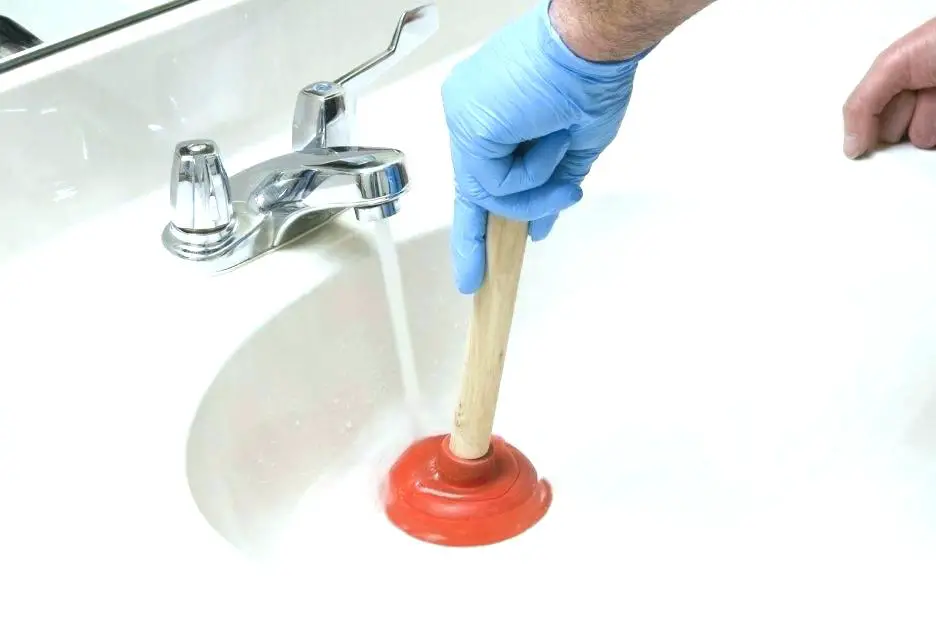
How Do You Unclog A Drain Professionally?
For the toughest of clogs, a plumber may use a hydro jet. This tool sends pressured water through pipes to break down drain build-up. This tool is often faster and more efficient than a typical drain snake. Hydro jets get rid of the clog, but they’re also effective for cleaning drains.
Unclogging a drain professionally involves following a systematic approach and utilizing specialized tools and techniques. Here are the general steps that professional plumbers often take to unclog drains:
Inspection: A professional plumber begins by assessing the situation. They may visually inspect the drain, use drain cameras to identify the blockage’s location and severity, and gather information about the plumbing system.
Clearing Debris: Before attempting more advanced methods, plumbers may try to remove any visible debris or build-up near the drain opening. This can involve using gloves, a drain cover, or a small brush to extract or loosen the material.
Plunger or Drain Snake: If the blockage persists, plumbers often turn to a plunger or drain snake. They use a plunger to create suction and pressure, or a drain snake (also called an auger) to break up and remove the blockage. These tools are effective for minor to moderate clogs caused by organic matter or solid materials.
Hydro Jetting: For stubborn or severe blockages, plumbers may employ hydro jetting. This technique involves using a high-pressure water jet to blast away the blockage and thoroughly clean the inside of the pipes. Hydro jetting is particularly useful for removing accumulated grease, mineral deposits, or tree roots.
Chemical Drain Cleaners (if necessary): In some cases, plumbers may use chemical drain cleaners as a last resort.
What Liquid Do Plumbers Use To Unclog Drains?
Hydrochloric acid
Hydrochloric acid, also known as muriatic acid, is a strong acid that is commonly used to dissolve clogs in drains. This acid works by breaking down organic materials such as hair, grease, and soap scum that can accumulate in pipes and cause blockages.
Plumbers often use a variety of liquids to unclog drains, depending on the nature of the blockage and the specific circumstances. Here are some common liquids that plumbers may use:
Chemical Drain Cleaners: Chemical drain cleaners are commercially available liquids that contain powerful ingredients designed to dissolve or break up various types of blockages. These cleaners typically contain chemicals such as sodium hydroxide (lye) or sulfuric acid. Plumbers may use chemical drain cleaners as a last resort for specific blockages. However, it’s important to note that these chemicals can be harsh and should be used with caution. They can cause damage to pipes if not used properly, and their misuse can also pose health risks.
Enzyme-based Cleaners: Enzyme-based drain cleaners are a more natural alternative to chemical drain cleaners. These products contain bacteria and enzymes that target organic matter, such as hair, grease, or food particles, and break them down. Enzyme-based cleaners are typically gentler on pipes and are considered safer for the environment.
Hot Water: In some cases, plumbers may use hot water to help unclog drains. Hot water can be effective for softening or flushing away certain types of blockages caused by grease or soap scum. It is often used in combination with other methods, such as plunging or snaking.
While these liquids can be effective for certain types of blockages, they may not work for all situations. For more stubborn or complex blockages, professional plumbers may utilize mechanical methods like plungers, drain snakes, or hydro jetting to effectively clear the drains.
Are There Any Additional Costs Associated With Drain Unclogging Services?
In some cases, there may be additional costs involved, particularly if the plumber discovers additional issues during the unclogging process. For example, if there is a major blockage deep within the plumbing system that requires more extensive work, it may incur additional charges. The plumber should inform you about any potential extra costs before proceeding with the repairs.
Yes, there can be additional costs associated with drain unclogging services, depending on the specific circumstances and requirements of the job. Here are some potential additional costs you may encounter:
Equipment or Tool Rental: In some cases, if the blockage is particularly severe or requires specialized equipment, the plumber may need to rent or use additional tools. This could result in additional costs added to the service fee.
Pipe Repair or Replacement: If the plumber discovers that the blockage is caused by damaged or collapsed pipes, additional costs may be incurred for pipe repair or replacement. This could involve excavation, pipe cutting, and the installation of new pipes. The extent of the repair will determine the overall cost.
Emergency or After-Hours Service: If you require immediate assistance outside of regular business hours or during weekends and holidays, the plumber may charge an additional fee for emergency or after-hours service.
Additional Labor: If the blockage is particularly complex or time-consuming to clear, additional labor charges may apply. This can occur if the plumber needs to spend extra time accessing hard-to-reach pipes, performing multiple attempts at clearing the blockage, or using specialized techniques.
Preventive Maintenance: Once the blockage is cleared, the plumber may recommend preventive maintenance services to avoid future issues. This could include regular drain cleaning or the installation of drain covers or traps. These services would have their associated costs.
Are There Any Factors That Can Affect The Cost Of Drain Unclogging?
Here are some key factors that can influence the overall cost:
Severity of the Blockage: The severity of the blockage can impact the cost. Minor or simple blockages that are easily cleared with basic tools like a plunger or drain snake may be less expensive to resolve compared to more stubborn or complex blockages that require specialized equipment or techniques.
Location of the Blockage: The location of the blockage within the plumbing system can affect the cost. If the blockage is easily accessible and located near the surface, it may be quicker and less costly to clear. However, if the blockage is deeper within the pipes or requires excavation to access, it can increase the complexity and time required, thereby increasing the cost.
Time and Labor Involved: The time and labor required to unclog the drain can impact the cost. These additional services will incur extra costs.
Geographical Location: The cost of drain unclogging can vary based on geographical location and local market rates. Prices may differ between urban and rural areas or even between different service providers within the same area.

Conclusion
Determining the exact cost of hiring a plumber to unclog a drain can be challenging due to various factors that influence pricing. The severity and location of the clog, the complexity of the plumbing system, and the geographical area all play a role in determining the final expense. Additionally, the plumber’s experience, reputation, and the urgency of the situation can impact the pricing as well.
It is essential to obtain multiple quotes from reputable plumbers and compare them before making a decision. This allows you to get a better understanding of the average cost range and ensures that you are not overcharged for the service. When evaluating quotes, it is important to consider the overall value rather than solely focusing on the lowest price. A highly skilled and experienced plumber may charge a slightly higher fee but can provide efficient and long-lasting solutions to your drain clogging issues.
Furthermore, proactive maintenance can help prevent clogs and reduce the likelihood of future plumbing problems. Regularly cleaning drains and avoiding the disposal of grease, hair, and other debris can go a long way in maintaining a healthy plumbing system. By doing so, you can ensure that your drain is unclogged effectively, efficiently, and within your budget, providing you with peace of mind and a properly functioning plumbing system.



